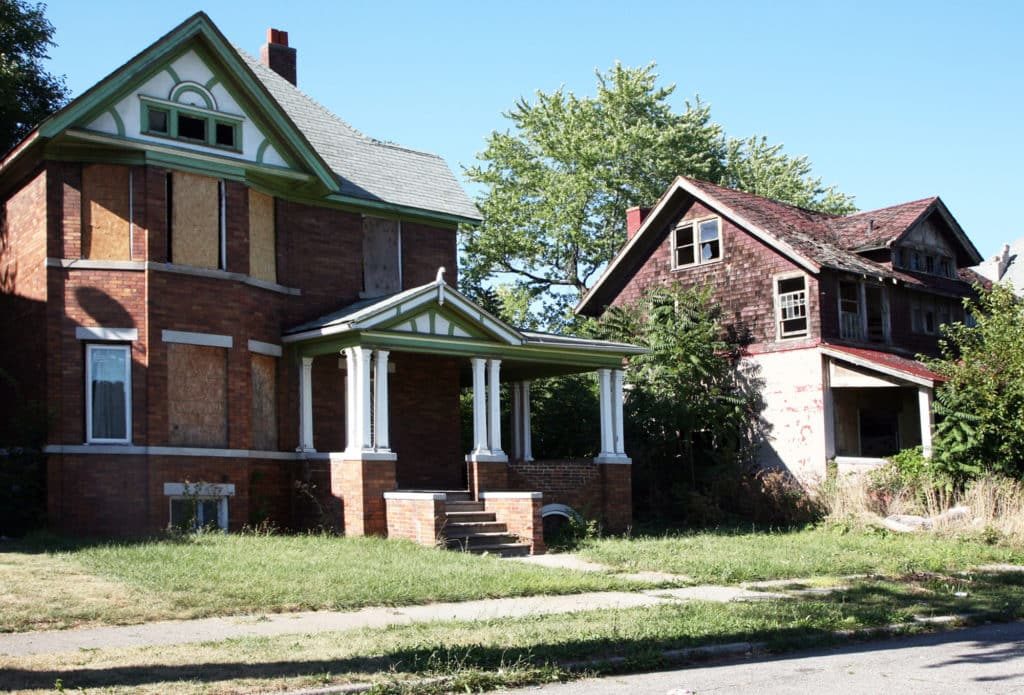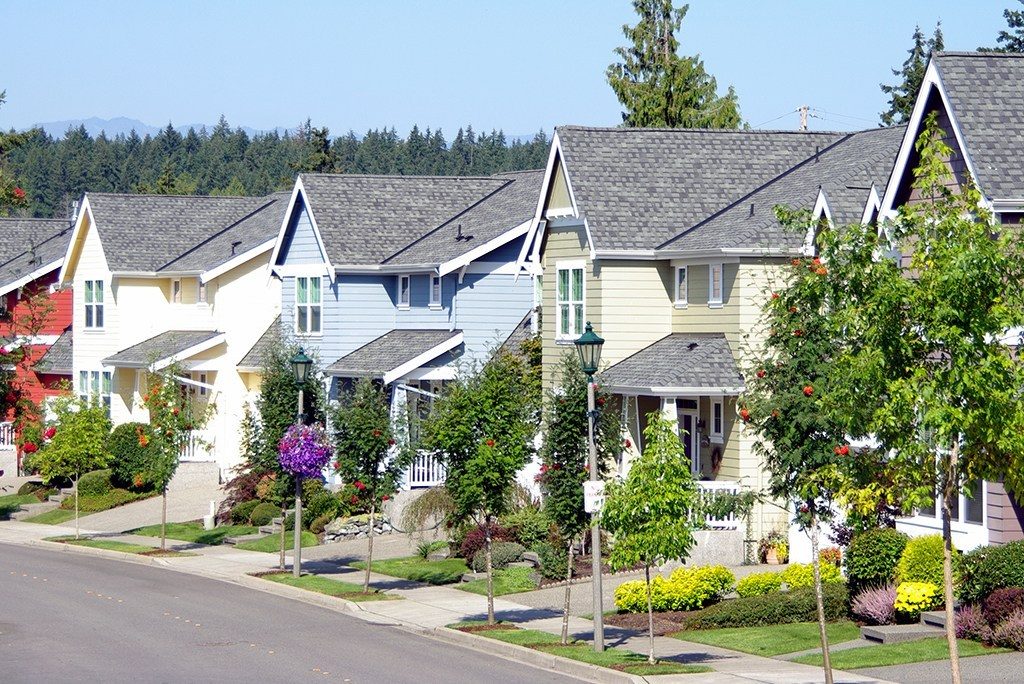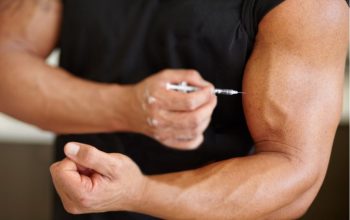How to Protect a Vacant Home After a Move
It doesn’t always work out that the day you move out of your old home is the day the new owner moves in. But if there are going to be days (or weeks, or months) in between tenants, how do you make sure your property is safe?
Lots of people find themselves tasked with having to protect a vacant home after moving, including sellers who move before their old home has sold and those who have to relocate quickly for work but don’t have time to put their homes on the market first. And doing it right does take a bit of planning.
Unsurprisingly, vacant homes tend to be magnets for criminal activity. A study out of Pittsburgh found that violent property crime increases by roughly 19% when a home becomes vacant. The reasons: more opportunity, of course, but also a vacant property just seems to invite more disorder around it. And while the existing studies tend to focus on areas that are already prone to crime, the thought is that it’s the vacancy—and not outside factors—driving additional activity.
That’s not to say that your standard suburban home is going to become a hotbed of criminal activity in the time between when you move and when the new owners settle in. But it’s still worth noting the connection between crime and vacancy, and taking some preventative steps that can protect your property and your peace of mind.
So here’s the good news: You don’t need to install a fancy, expensive security system to protect a vacant home. While you certainly can if you want to (and you may end up adding some value to the property if you do), there are ways to protect your empty home that don’t require quite as much work.
Here are some ways to protect a vacant home that you might want to explore.
Keep your utilities running
It’s not ideal to be paying utility costs on a home you don’t live in, but it’s still a good idea. You don’t have to keep the gas and the wifi on, but you’ll want electricity and, if you’re moving in the winter and live in a colder climate, heat. The latter helps keep your home safe from things like burst pipes, while the former will help you make it appear like someone is around—even when they’re not (more on that next).
Don’t want to keep the heat blasting? A programmable thermostat will allow you to control the temperature in your vacant home remotely so that you can turn the heat up a few degrees overnight or on particularly chilly days and keep it low at all other times.
Let there be light
Set your lights to a timer switch, which you can get at most home improvement stores. These turn your lights on automatically at a pre-set time (and then turn them off later) to give the appearance of occupancy in your vacant home. You don’t have to install them in every room in the house, but do employ a few throughout the property, particularly in rooms that face out onto the street. Install one on an outdoor light as well, such as your porch light or the lights around the garage.

Darkness serves as a cover for crime, so just as you use lighting as a way to convey that someone is inside the house, you should also have some additional exterior lighting that serves to illuminate what’s going on outside and deter criminal activity. In addition to (or lieu of) having exterior lights on a timer switch, consider installing a motion sensor switch that will turn on your home’s outside lights when someone gets close.
Keep any existing security systems running
Don’t cancel your alarm system contract just yet. If you need to protect a vacant home, the more security you have in place the better. While a lot of today’s most popular security systems are designed to be taken with you when you move, opt to keep it in place for now with a plan to acquire it later on. This way, you’ll know right away if something is going on. A security system will also act as a deterrent a lot of the time, sending off would-be criminals who don’t want to take the risk of setting off an alarm.
Hang up some dummy cameras
If you don’t have a security system in place and don’t want to invest in one just for a vacant property, then you could always install some fake video cameras around the exterior of your home. These dummy cameras usually have a red blinking light that makes them appear more real, and they give the illusion that you have more security in place than you really do.
There’s a caveat to fake surveillance cameras though, which is that more experienced criminals may be able to spot them and infer that you don’t have any real security systems in place. It’s up to you whether it’s a risk worth taking, but it’s definitely worth considering.

Have a plan for regular surveillance
Nothing beats having a set of eyes on your property. You don’t need to hire a private security company to swing by on a regular basis (though if it’s in your budget, go for it), but you should have some plan for on-site check ins. That might mean having a friend or family member who still lives in the area agree to drive by a couple times a week, or perhaps you have a maintenance provider or a realtor who you trust who can stop by and make sure that everything looks good. Even a weekly landscaper will be able to fill you in on whether something looks amiss with your home. Speaking of….
Don’t neglect yardwork
Overgrown grass, a sea of weeds, or a driveway that never gets shoveled all suggest to outsiders that a home may be vacant. Hire someone who can come by and keep the outside looking nice, such as a landscaper in the summer and a snow shoveler in the winter. You don’t have to invest in any sort of detailed exterior care, but you do want the basics to be covered lest someone notice that the outside of your home is not being maintained.
Hide the lockbox
If your home is still for sale when you move then chances are you’ll have a lockbox on the property that lets in buyers and their agents for showings. Generally, these lockboxes are attached to the front door or some other highly visible area near the entrance. But it’s all too easy for someone to make the connection between the lockbox out front and the lack of activity that appears to be taking place in and outside the home. Instead of keeping the lockbox so visible, attach it around the side of house, where someone wouldn’t be likely to see it if they were looking at your home from the street.
Double check your insurance policy
Most homeowners insurance policies won’t protect your home after more than 60 days of vacancy. Some might not even give you that. It’s important to check on the provisions of your homeowners insurance and determine what level of coverage you’ll have—if any—during the period that your home is empty.

If your insurance policy dictates that any losses on your home will be covered for only a set amount of time and you know that you need coverage for longer than that, inquire with your policy holder about purchasing a vacancy endorsement. You can also ask about any “Vandalism and Malicious Mischief Coverage” that may be offered. Research all of the options available to you so that you can be sure that, in the event something does happen while your home is vacant, you won’t be completely liable for the cost.
Don’t forget about other types of damage
Vandals aren’t your only worry when you have a vacant home. Flooding, frozen pipes, and fires are all things that can happen when you’re not there to keep watch. In fact, between 2011 and 2015 U.S. fire departments responded to more than 30,000 vacant house fires per year.
To mitigate risk, make sure to double check all relevant systems before you move out. You can’t prevent unexpected mishaps from happening, but you can do your part to ensure your home isn’t predisposed to these types of occurrences.
Having a vacant home isn’t a guarantee that you’ll fall victim to crime or damages, but it’s always smart to take precautions that help bolster the security of your property. If you’re really concerned, give your local police department a call and let them know your home will be empty. They might be able to guide you on further best practices and/or keep an eye out for your home.



